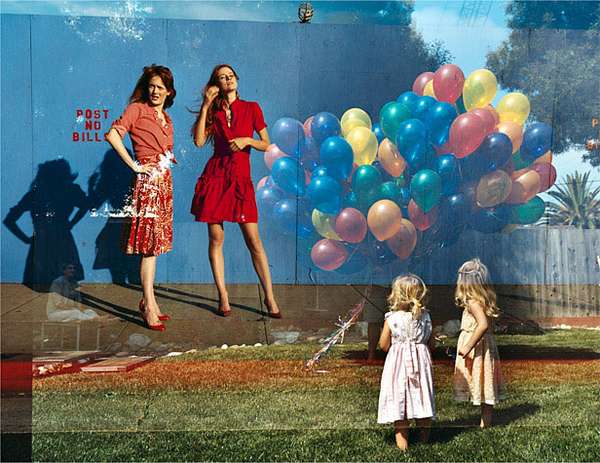This is a doozie of an article that I just read in The Atlantic. We all like chatting about this stuff: the disconnect between men and women today and the peculiar place both single men and women in their 30s are in. It’s such a HUGE issue and we all try to grapple with the reasons, the ways forwards etc. Wondered why it’s such a barbeque stopper? Read on…

I’ve written about this stuff many times before, how women give away their feminine power and some other discussions here and here on the current relationship biso.
The Atlantic article by Kate Bolick is worth a read in full, but I thought I’d pull out some points that sparked debates in my own head. Take a deep breath:
What’s happening now on the relationship landscape is monumental, just to be sure:
“The transformation is momentous—immensely liberating and immensely scary. When it comes to what people actually want and expect from marriage and relationships, and how they organize their sexual and romantic lives, all the old ways have broken down.”
Bolick outlines in great detail how women’s wages are increasing more than men’s (in the US), are more educated etc than men, and cites the various reports on “the end of men” (which is a bigger issue in the US where the GFC hit male professions mostly):
If, in all sectors of society, women are on the ascent, and if gender parity is actually within reach, this means that a marriage regime based on men’s overwhelming economic dominance may be passing into extinction.
Or to quote Gloria Steinham: “We’re becoming the men we wanted to marry.” I see this everywhere. But I don’t know that it’s doing us any favours – it’s defeminising women and emasculating men and confusing the whole equation. But Bolick provides this:
Now that women are financially independent, and marriage is an option rather than a necessity, we are free to pursue what the British sociologist Anthony Giddens termed the “pure relationship,” in which intimacy is sought in and of itself and not solely for reproduction.
Now that we can pursue our own status and security, and are therefore liberated from needing men the way we once did, we are free to like them more, or at least more idiosyncratically, which is how love ought to be, isn’t it?
One would think so, but….Behold “the new scarcity”:
American women as a whole have never been confronted with such a radically shrinking pool of what are traditionally considered to be “marriageable” men—those who are better educated and earn more than they do. So women are now contending with what we might call the new scarcity. Even as women have seen their range of options broaden in recent years—for instance, expanding the kind of men it’s culturally acceptable to be with, and making it okay not to marry at all—the new scarcity disrupts what economists call the “marriage market” in a way that in fact narrows the available choices, making a good man harder to find than ever.